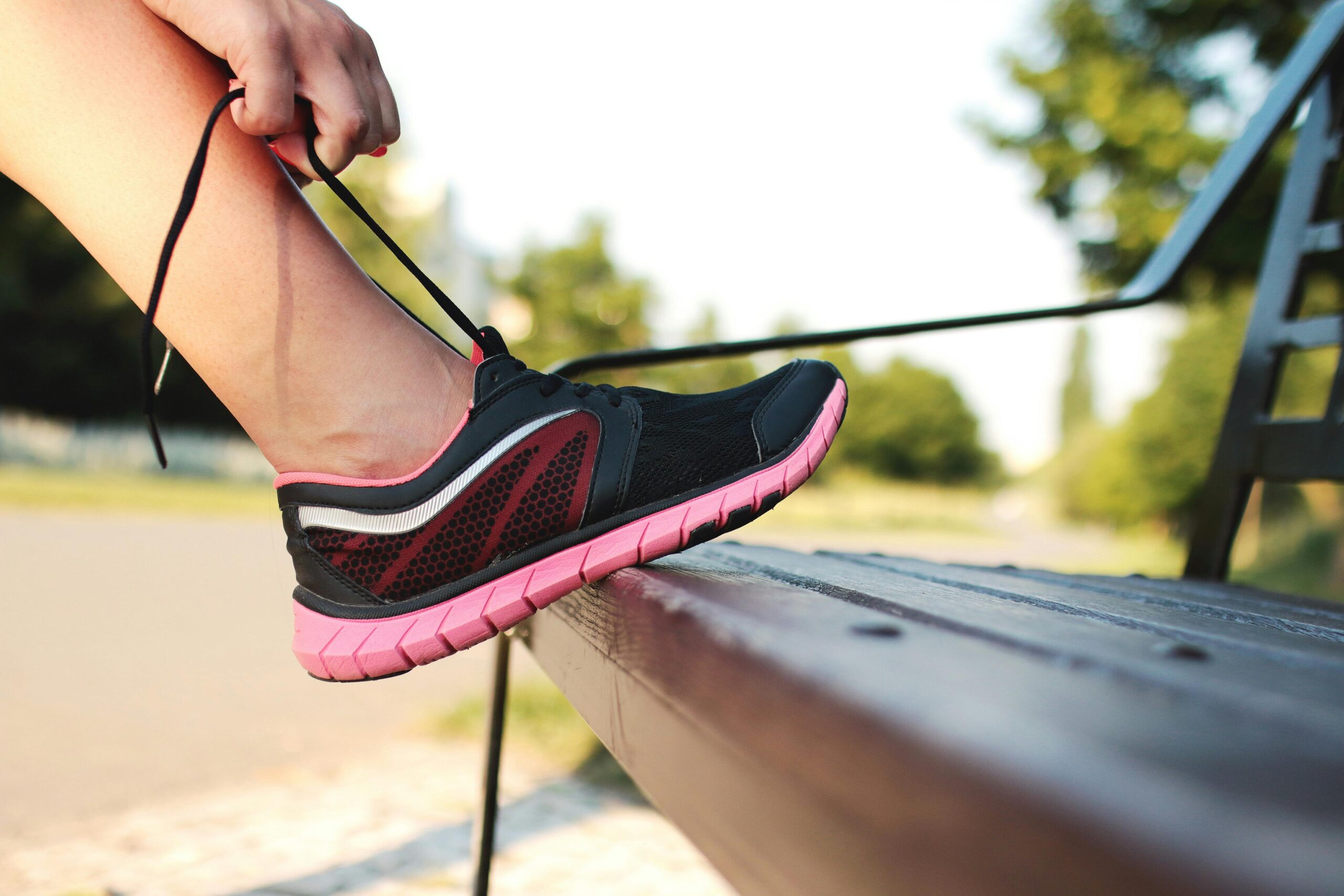A Mindful Conversation – Autumn Seiwert

There I was, standing in a plush, grassy field on a scorching afternoon in the summer. Perspiration blanketed every square inch of my body and slowly trickled down my forehead, bringing the sunblock I had spread over my face into my eyes. I squeezed my eyelids together as tightly as possible, hoping to overcome the fierce sting of the sunscreen. My breathing was labored, as if an anvil was just hurled onto my chest cavity. My head was spinning so rapidly that I could barely keep my eyes open. I felt as if my insides were melting and would soon start evaporating through every pore on my skin. I had one arm cradling my stomach, praying that the sea of nausea would soon calm.
I fell abruptly to my knees, unable to stand. I could feel my diaphragm preparing to lurch my stomach out of me, through my esophagus, and out of my mouth. I was on all fours now, or threes (since I was still clutching my abdomen with one hand). I stayed in that position for what seemed like an eternity, writhing in what wasn’t pain, but intense discomfort.
I heard the soft crunch of lush grass around me, but couldn’t determine where it was coming from. I was too distracted by how my body was screaming at me. I gathered every ounce of strength I had left in me to open my eyes. (Doing so felt as if I was opening two industrial-sized, solid steel doors, whose hinges hadn’t been oiled in two millennia.)
As soon as I could make a rough sense of my surroundings, I looked up and found my coach. She was looming over me, staring into my bloodshot, tear-stricken eyes. My face immediately flushed a shade of red I didn’t know existed, as I realized how pathetic I looked on my hands and knees. Like a deranged dog who had just been denied a treat by its owner. The nausea had not yet subsided, but my senses were quickly recharged by the sudden rush of adrenaline. I guess it does pay off, at least sometimes, to have an unhealthy care for how other people perceive you. I staggered to my feet like a newborn deer and braced myself as valiantly as I could.
After I observed the soft smirk plastered across my coach’s face, I suddenly became very interested in the individual blades of grass on the ground. I was proficiently avoiding eye contact with her due to my humiliation. Following an interminable period of the most deafening silence, she asked, “How are you, Autumn?”
I was left dumbfounded by this question. How was I?
You tell me what you’ve been observing… and laughing at. I couldn’t be doing any worse, I thought.
Although no audible words left my tongue, she responded as if I were a character in a graphic novel with a monstrous bubble portraying my thoughts over my head. “Of course you are, Autumn. You just ran 13 miles in under 2 hours on a 95-degree day.”
“I hate this,” I responded as I struggled to breathe.
My coach chuckled softly and patted my shoulder. I could feel the pity embedding itself deeper and deeper into my skin with every pat. “Oh, I know. It’s because you’re not used to running,” she stated.
I replied through continuous gasps for air, “Huh? I’ve been running for years, how is that possible?”
“Let me explain. You’re not used to running because you haven’t accepted the discomfort that comes with it. Whether it’s a 90-degree day or a 50-degree day, whether it’s your least favorite workout or your most favorite workout, running will always be and should always be uncomfortable. That’s the only way that you’ll become stronger and faster. Whenever you grow as a person, whether that be physically or mentally, you outgrow whatever you were before.
“Consequently, in order to grow, you have to push yourself past what you think your limits are… within reason, of course. You have to do whatever you think you can’t so that you discover that you’ll be able to do it. And so, when you embrace the discomfort that comes with running, you are not only accepting the nausea and the cramps, but you’re also shaping yourself into a more polished athlete.”
The only word that left my mouth was “Oh.” I was drowning in my own head with every word she said, trying to piece everything together. Little did I know that I had just received the greatest piece of advice that would ever be given to me.
That conversation took place over two years ago. However, since then, I have applied her technique of “embracing the discomfort” when I run. For me, what made this piece of advice so valuable was how it didn’t only apply to running. It seamlessly translated over to my day-to-day life. Once I began to place myself out of my comfort zone by training harder and stronger, I began to seize the challenges in other areas of my life. I stopped procrastinating on my responsibilities because I was dreading the impenetrable work and mental energy I would have to put towards them. I began seeing challenges as blank slates: not for punishments, but for possibilities of existential growth.
Let’s be realistic for a moment. As humans, we (or at least the vast majority of us) don’t enjoy stepping out of our comfort zone. We don’t prefer speaking in front of a crowd or approaching strangers to compliment them. But, if nobody ever stepped out of their comfort zone, think of how secluded and purposeless we all might feel. Best friends might not have ever met each other if it wasn’t for one of them addressing the other, and an individual might not have ever realized that they have an inspiring gift for leading others if it wasn’t for them taking that dreaded speech class. Being uncomfortable isn’t just a random part of life. It’s a fundamental portion of your growth and who you are as a person. Everything: anxiety, sadness, joy: has to do with your mind. Your perspective and willingness to learn and grow are entirely dependent on you. Being mindful and aware of your emotional well-being and environmental surroundings has an immense effect on the decisions you make, whether that’s through hiding within or leaping out of your comfort zone.
Isn’t it interesting how one conversation, one moment of communication, can change someone’s mindset or attitude towards a specific situation, which translates into changing the trajectory of their entire life? That’s how it was for me, and I am exceedingly grateful for it.
